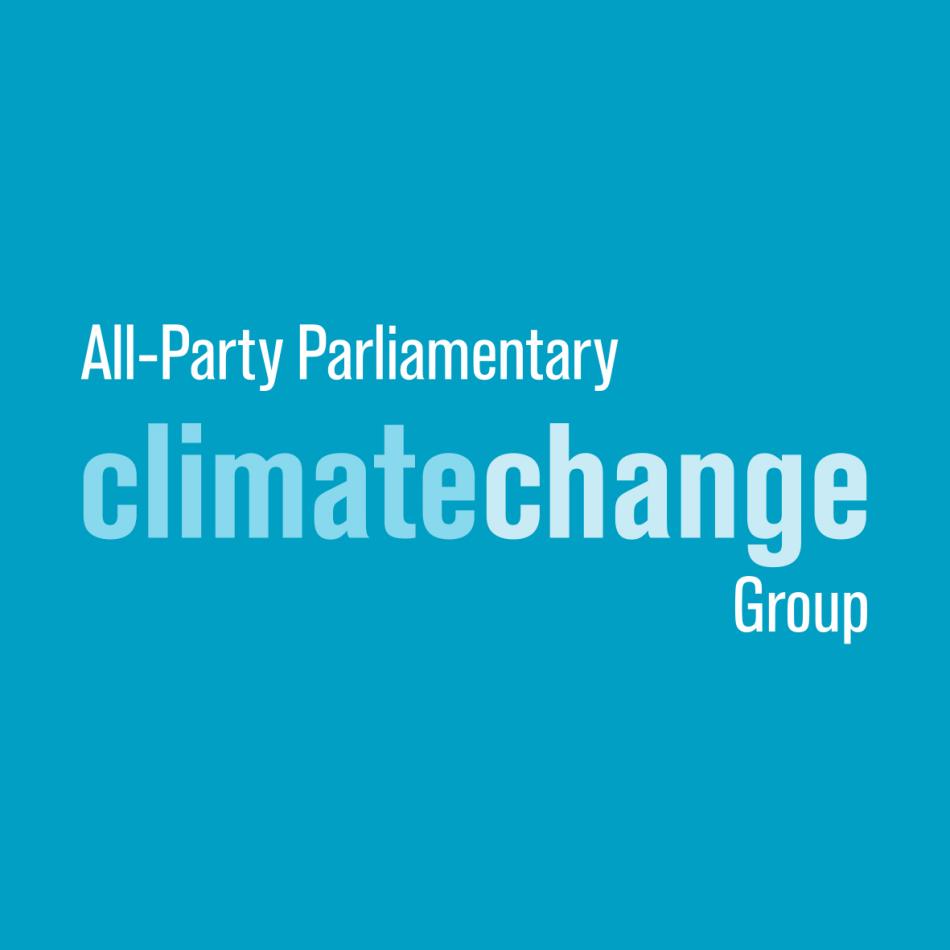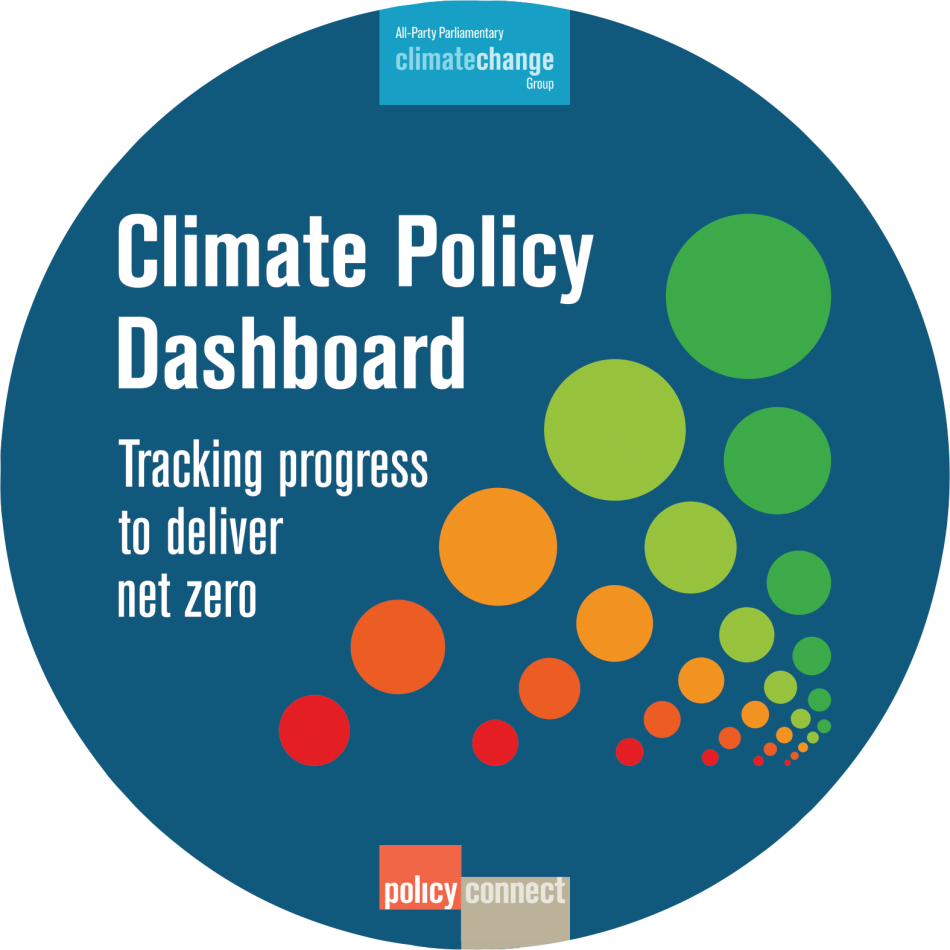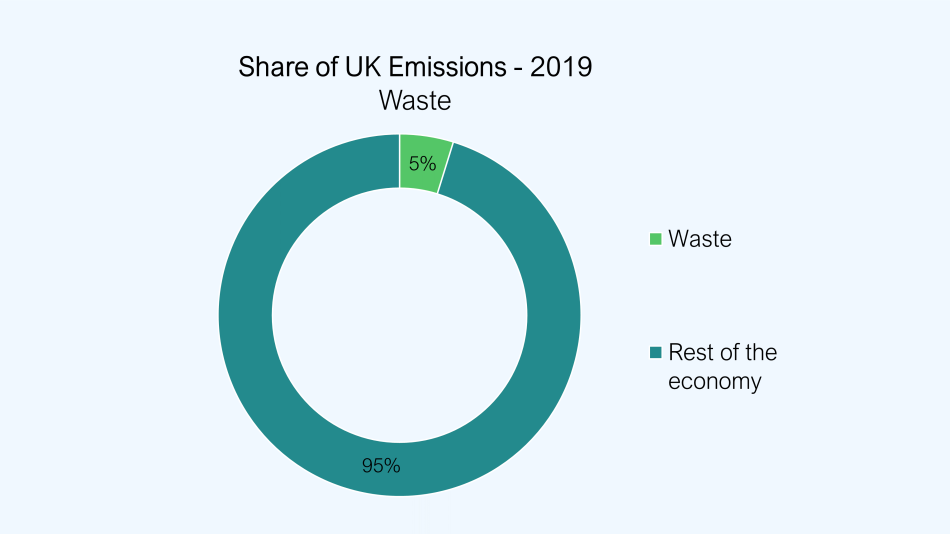

Waste Sector
CONTENTS
Progress Ranking and Key Recommendations | Sector Summary | Recent Policy Developments | Further detail: CCC policy recommendations

Progress ranking and key recommendations
|
Progress Ranking: CRITICALLY INSUFFICIENT (2/10) |
Key actions on the road to world-leading policy |
|---|---|
|
|
Sector Summary
|

Source: Climate Change Committee - Progress Report (2021)
|
Recent Policy Developments
- The Government published a policy paper in November 2020, stating that legislation will be introduced in the Finance Bill 2021 to establish a Plastic Packaging Tax, to take effect from April 2022. This is a new tax that will apply to plastic packaging manufactured in, or imported into the UK, that does not contain at least 30% recycled plastic.
- The Government launched a consultation on introducing Extended Producer Responsibility, published in March 2021, closing on 4 June 2021.
- The Government launched a consultation on introducing a Deposit Return Scheme in England, Wales and Northern Ireland, published in March 2021, closing on 4 June 2021 - this would take effect potentially from late 2024 (this consultation was launched in 2019, to take effect from 2023, but has been delayed due to COVID-19).
- The Government launched a consultation on the Waste Prevention Programme for England: Towards a Resource-Efficient Economy in March 2021 to close on 10 June 2021.
- The Government launched a consultation on ensuring consistency in household and business recycling in England, published in May 2021, closing on 4 July 2021.
Further detail: Policy recommendations from the CCC
|
# |
Focus |
Key Recommendation from the CCC |
Government Progress |
Met? |
|---|---|---|---|---|
|
1 |
Waste reduction and recycling |
Accelerate investment plans for local authorities to be able to put in place universal municipal waste recycling collections, rolled out across England during 2022-24, along with the required recycling, composting and anaerobic digestion facilities. |
Section 57 of the Environment Act sets out new requirements for separate collection of key recyclable waste streams for households, non-domestic premises and commercial and industrial premises in England. These streams include food waste, plastics, paper and card, metal packaging and glass. The Act also requires garden waste to be collected from households. The Government launched a consultation on ensuring consistency in household and business recycling in England, published in May 2021, closing on 4 July 2021. The net Zero Strategy states the Government are bringing forward £295 million of capital funding which will allow local authorities in England to prepare to implement free separate food waste collections for all households from 2025. The Net Zero Strategy states the Government are bringing forward £295 million of capital funding which will allow local authorities in England to prepare to implement free separate food waste collections for all households from 2025. |
Partly |
|
2 |
Energy from Waste |
Examine the impact of waste targets on the utilisation of (and need for further) energy from waste plants, and issue a set of guidance notes to help align local authority waste contracts and planning policy to these targets. |
The Government say its view is that energy from waste should not compete with greater waste prevention, re-use or recycling, however, it does play an important role in diverting waste from landfill and is generally the best management option for most residual waste. The National Planning Policy for Waste (NPPW) sets out detailed waste planning policies, with the Government noting that waste planning will be considered as part of the reform package and a consultation response will set out next steps. |
No |
|
3 |
Waste reduction and recycling |
Build on Resources and Waste Strategy for England, introducing greater ambition for efficiency in manufacturing, reduction in consumer demand and material substitution. |
The Government has published the following consultations which flow from the Resources and Waste Strategy:
|
Partly |
|
4 |
Waste reduction and recycling |
The National Food Strategy White Paper should include immediate measures to reduce food waste, and mandatory business food-waste reporting should be introduced. |
The National Food Strategy White Paper must be published and should include immediate measures to reduce food waste, and mandatory business food-waste reporting should be introduced.
|
N/A |
|
5 |
Landfill and exports |
Banning biodegradable waste from landfill by 2025 as a priority via prevention, re-use and recycling, without increased waste export and no more than 20% increase in EfW emissions. |
The Net Zero Strategy states that the Government will explore options to achieve the near-elimination of biodegradable municipal waste going to landfill by 2028 in England. However, the CCC recommended this be met by 2025 and cover commercial and industrial waste also. Scotland have introduced a landfill ban on biodegradable municipal waste by 2025. |
Partly |
|
6 |
Landfill and exports |
Export of waste should be banned by 2030, but full landfill waste bans should not be rushed and only enacted when residual volumes of waste have been lowered and CCS installed on remaining energy-from-waste plants. |
The Environment Act contains powers under Section 62 enabling the Secretary of State to regulate the import, export or transit of waste and hazardous waste. The Government intends to use these powers to ban the export of polluting plastic waste to non-OECD countries, consulting with industry, NGOs, and local councils on the date by which this should be achieved. However, non-OECD countries receive only ~40% of the UK's plastic waste, and the ban does not cover other forms of waste. For further detail see Policy Connect's report Plastic Packaging Plan: Achieving Zero Waste Exports. |
Partly |
|
7 |
Waste reduction and recycling |
Recycling ambition should increase to 68% in 2030 in England, with 70% for NI and above 70% for Wales and Scotland. |
The Government has committed to a 65% recycling rate by 2035 based on analysis of major waste reforms to achieve consistent recycling collections, a deposit return scheme for drinks containers, and packaging extended producer responsibility. They state that further analysis is required and further commitments for recycling will be considered for the next Environmental Improvement Plan. |
Partly |
|
8 |
Energy from waste |
Need to prevent future growth in energy-from-waste (EfW) emissions (which continue to grow currently), by focusing on waste prevention, re-use and recycling, and fitting CCS to any remaining EfW plants. Current EfW plants under construction represent 3-10MtCO2e/y future emissions – we will need to either cancel many of these, have CCS applied soon, or reduce plant utilisation rates significantly. Any new EfW plants should be CCS ready, and built in areas where CCS infrastructure will be available soon. |
In terms of reducing emissions from the energy from waste sector, the Net Zero Strategy states the Government’s approach in respect of this is still under consideration and they intend to provide further details later this year. There has been as of yet no policy developed by the Government to prevent the growth of EfW emissions. Wales will place a moratorium on any future large scale energy from waste developments. |
No |
|
9 |
Landfill and exports |
New incentives are need for landfill operators to reduce emissions. The Renewables Obligation closed in 2017, which significantly reduced incentives to capture methane emissions. New policy is needed here to fill this gap. |
There has been as of yet no policy developed by the Government to provide incentives for landfill operators to reduce emissions. |
No |
|
10 |
Wastewater |
Ofwat should include wastewater decarbonisation as one of its core principles and this needs to be embedded into the sector's investment framework. |
Water UK have published their plan to deliver a net zero water supply by 2030 in the world’s first sector-wide commitment, reaching net zero two decades ahead of the UK Government’s legally binding target of 2050. Ofwat's strategy, Time to act, together, makes clear that the challenges of climate change and the need to achieve net zero are a key focus of its regulatory approach. The Government states it is supportive of the water industry increasingly adopting advanced anaerobic digestion systems where they represent the most cost effective and feasible solution to reducing GHG emissions. |
Partly |
|
11 |
Waste reduction and recycling |
Composting facilities need incentives to install forced aeration to reduce methane emissions. |
There has been as of yet no policy developed by the Government to ensure composting facilities have incentives to install forced aeration.
|
No |
|
12 |
Waste reduction and recycling |
Waste data collection needs to be improved for Commericial & Industry waste and EfW waste should be collected at a devolved administration level. |
The Environment Act 2021 gives the powers across the UK to make regulations to establish a digital waste tracking system and require those who produce, handle, dispose of or make products from waste, to enter information onto it. The Goverment launched a consultation to focus on the practical aspects of introducing a digital waste tracking service to ensure this will meet the needs of all those who will either be required to enter information onto it or who will draw information from it, including; businesses across all sectors, government, regulators, academia and the general public. |
Partly |
| 13 | Energy from waste | Consult (with BEIS) on the introduction of a carbon tax (either as part of the UK ETS or a separate instrument) aimed at curbing rising emissions from Energy from Waste | The Government has not mentioned introducing any tax aimed at curbing rising energy from waste emissions and states they will continue to assess the best mechanisms to support decarbonisation of the Energy from Waste sector, while ensuring the waste hierarchy is maintained. | No |
| 14 | Energy from waste | Set out how existing Energy from Waste plants will be supported to be retrofitted with CCUS from late 2020s onwards, with 2050 a backstop date for full CCUS coverage. | The Government states it is exploring options to reduce emissions from energy from waste plants within the power sector, including whether support for CCUS at Energy from Waste plants could be provided by the Industrial Carbon Capture Business Model. The Government’s approach in respect of this is still under consideration and they intend to provide further details later this year. | No |
| 15 | Waste reduction and recycling | Work with business to encourage and enable consumers to share, lease and use products for longer while discouraging ‘disposable’ business models. | The Government says in its Waste Prevention Programme that it will develop proposals focussed on the highest impact product groups that combine producer responsibility, product standards, and information or labelling. Together, these measures can support a shift to more circular business models both by enabling consumers to make more sustainable decisions and by incentivising design for multiple uses and longer lifetimes. | Partly |
| 16 | Landfill and exports | Introduce policies and funding for increased methane capture and oxidation at landfill sites, to decrease fugitive landfill methane emissions significantly. | Defra says they are currently carrying out research exploring methods to mitigate methane emissions from legacy landfills. However, policies and funding are required to actually mitigate methane emissions from landfill sites. | No |
| 17 | Wastewater | Commit innovation funding to development and demonstration of novel wastewater treatment process that achieve a step change improvement in direct process emissions. | Defra state they are considering a number of measures, including monitoring emissions and the subsequent optimisation of existing operations to enable the water industry to assess municipal wastewater emissions and then minimise process and other emissions using improved technologies and processes at pilot sites. This is not akin to innovation funding. | No |
| 18 | Wastewater | Outside of the municipal wastewater sector, incentivise industrial wastewater plants to reduce their process emissions. | Defra state they are looking to work with the Environment Agency and industry to reduce emissions from industrial wastewater plants, but there are no policies or incentives so far to do this | No |
| 19 | Energy from waste | Long-term plans should be announced for eventual diversion of all wastes from landfill (except for where no alternative treatment or disposal method exists) but with a date conditional on sufficient action on reduction, re-use and recycling, and installation of CCS at energy-from- waste plants, to avoid a surge in fossil emissions when the ban comes into force | The Resources and Waste Strategy sets an ambition of less than 10% of municipal solid waste ending up in landfill by 2035 but does not refer to other forms of waste. The Government states that priority goes to preventing the creation of waste in the first place, followed by preparing waste for reuse; to recycling, and then recovery. The proposals set out in the draft Waste Prevention Plan aim to reduce overall levels of waste which Defra say should naturally over time result in a reduction of waste to landfill and incineration. There needs to be further plans to divert landfill waste. | Partly |
| 20 | Wastewater | Work with the Environment Agency, Ofwat and other stakeholders to set out targets and supporting measures for reducing water use by business. This could be through ensuring that any water reduction targets linked to the Environment Bill include business as well as household water use, and responding to advice and recommendations from Defra’s new Senior Water Demand Reduction Group | Ofwat is working with industry, Defra, and the Environment Agency as well as other stakeholders such as the market operator MOSL and the Consumer Council for Water (CCW) to help enable industry deliver its action plan for improved water efficiency in the non-household sector. This includes working with industry via the Water Efficiency Steering Group (WESG) and Defra to understand and integrate the contribution the non-household sector can make to national water reduction targets, as anticipated under the Environment Bill. This should lead to targets and support measures. | No |
Last updated March 2022